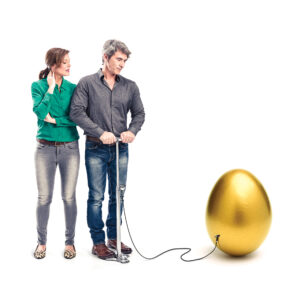7 common RRSP excuses you should avoid
Excuses, excuses! And most of them are just plain wrong
Advertisement
Excuses, excuses! And most of them are just plain wrong

Share this article Share on Facebook Share on Twitter Share on Linkedin Share on Reddit Share on Email